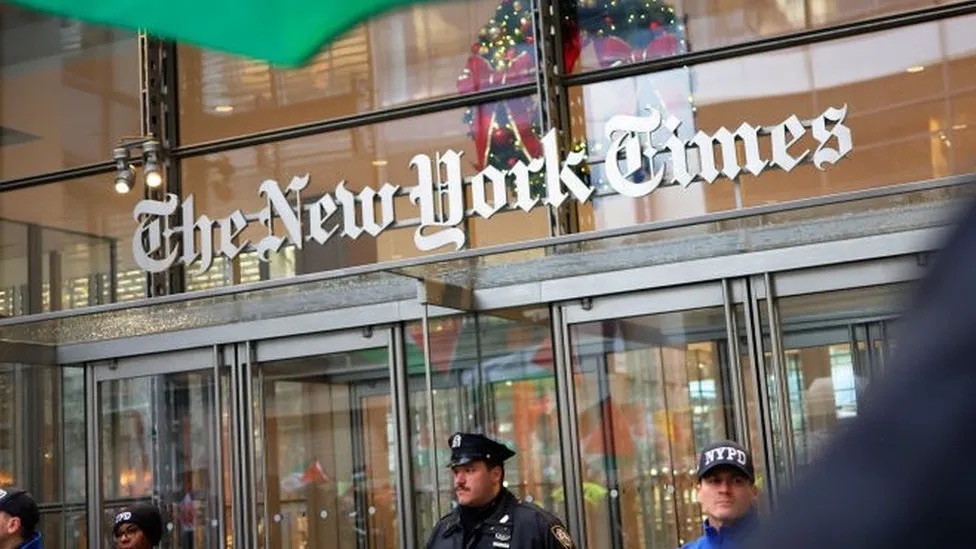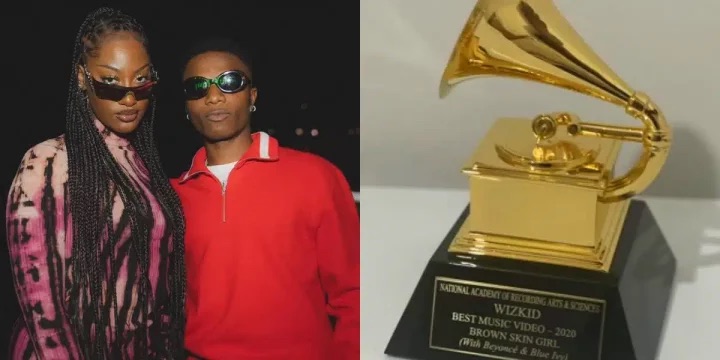
US news organisation the New York Times is suing ChatGPT-owner OpenAI over claims its copyright was infringed to train the system
The lawsuit, which also names Microsoft as a defendant, says the firms should be held responsible for “billions of dollars” in damages.
ChatGPT and other large language models (LLMs) “learn” by analysing a massive amount of data often sourced online.
The BBC has approached OpenAI and Microsoft for comment.
The lawsuit claims “millions” of articles published by the New York Times were used without its permission to make ChatGPT smarter, and claims the tool is now competing with the newspaper as a trustworthy information source.
It alleges that when asked about current events, ChatGPT will sometimes generate “verbatim excerpts” from New York Times articles, which cannot be accessed without paying for a subscription.
According to the lawsuit, this means readers can get New York Times content without paying for it – meaning it is losing out on subscription revenue as well as advertising clicks from people visiting the website.
It also gave the example of the Bing search engine – which has some features powered by ChatGPT – producing results taken from a New York Times-owned website, without linking to the article or including referral links it uses to generate income.
Microsoft has invested more than $10 billion (£7.8 billion) in OpenAI.
The lawsuit, filed on Wednesday in a Manhattan federal court, reveals the New York Times unsuccessfully approached Microsoft and OpenAI in April to seek “an amicable resolution” over its copyright.
Popular singer Yemi Alade has opened up about her ideal partner, saying she values humor but dislikes overly silly...
Wizkid, Tems excluded as Grammy releases African award winners’ list The organisers of the prominent Grammy Awards have put...
Nigerian gospel artiste, Mercy Chinwo, has announced her engagement to Blessed Uzochikwa, the resident pastor at WaterBrook Church. The...


